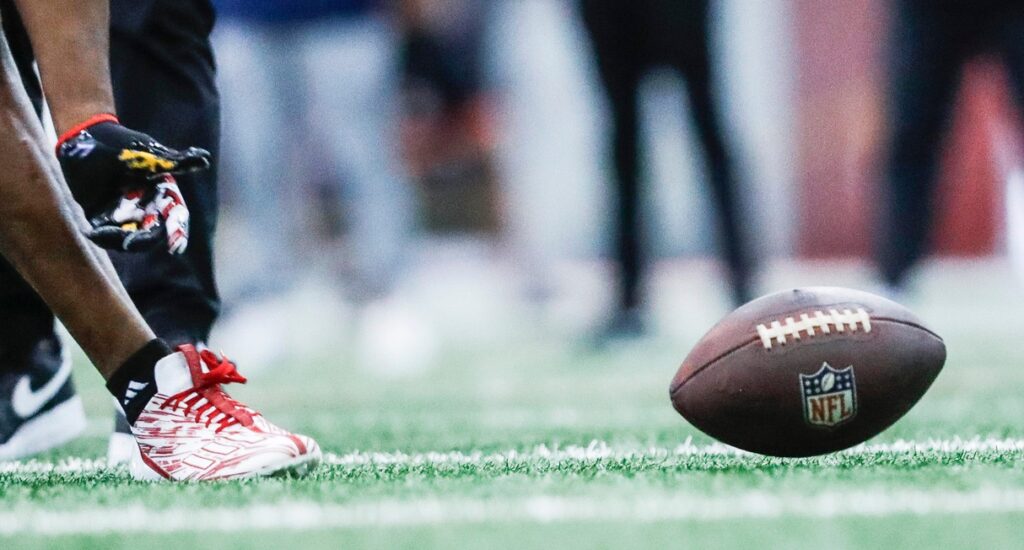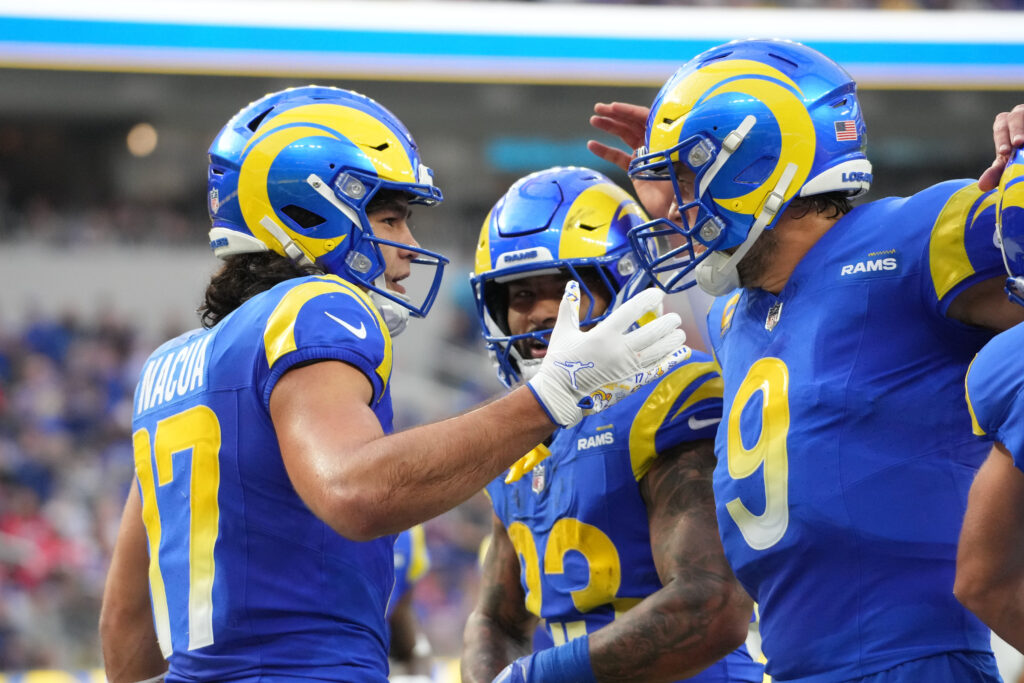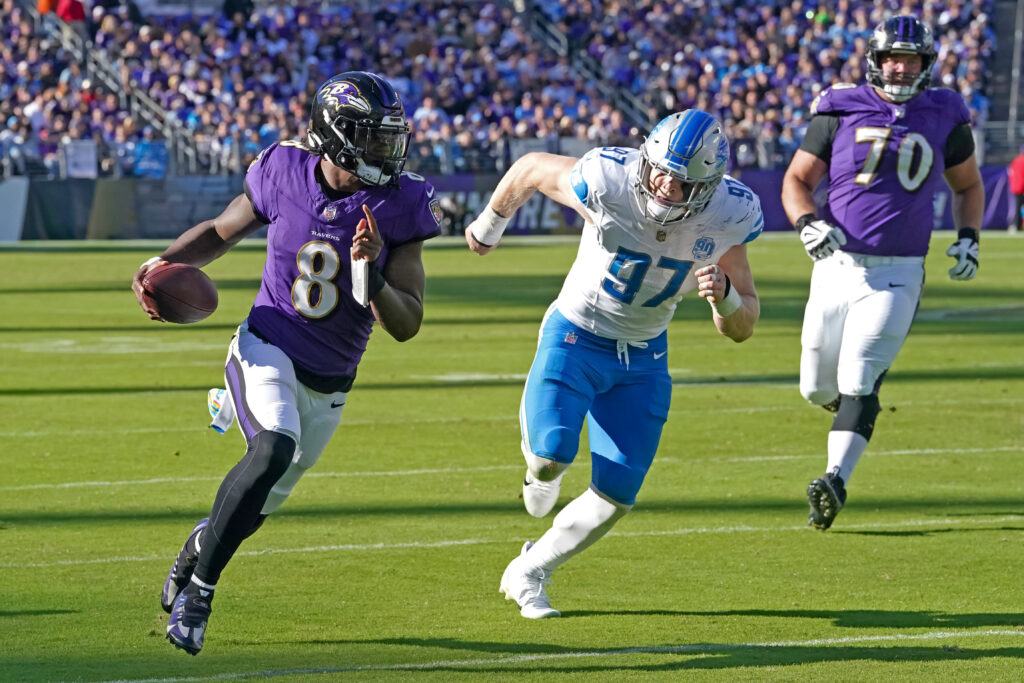Player safety is at an all-time high, therefore, player health and safety have become a focal point in the offseason. The NFL has introduced two new rules and the league seems to be losing its edge. From new and improved safety-focused equipment to rules banning how a defender can tackle, it’s safe to say the league is losing its physicality. In recent news, NFL owners unanimously approved to ban on the hip-drop tackle. This is when a defender drops his body weight to the ground to tackle the ball carrier. This will result in a 15-yard penalty, an automatic first down, and most likely a fine for the tackler.
The XFL-Style kickoff will also be adopted this upcoming season to help prevent injuries on special teams. Throughout the last few years, many different rules have been implemented to make the game safer but also take the fun out of the game. After the new rules, a few defensive players stated their opinions on X formerly known as Twitter. Another thing to note is how many of the rules lean in favor of the offense. With the new hip-drop tackle rule and the XFL-style kickoff being approved, some believe the NFL is becoming too soft and slowly turning into a game of two-hand touch.
Is the NFL Losing Its Edge?
XFL-Style Kickoff
For safety reasons, special teams will look a lot different after NFL owners agree to eliminate the traditional kickoff. With this new rule, kickers will continue to kick off from their 35-yard line. The other 10 members of the kicking team will line up at the opposing team’s 40-yard line, while the receiving team will line up in the “set up zone” which is their own 30 and 35-yard line. There can still be two returners back to receive the kick.
How is this safer? Neither the players on the kickoff team nor the receiving team can move until the ball is either caught by the returners or hits the ground. The kicker also won’t be able to move past the 50-yard line until the kick is caught or the ball hits the ground.
Kickoffs will be meaningful again thanks to the “landing zone” which is between the 20-yard line and the goal line. Any kick short of the landing zone will give the receiving team field position starting at their 40-yard line and kicks inside the landing zone must be returned. Touchbacks will still be brought to the 30-yard line. The new rule change should make way for a safer game by taking away high-impact collisions.
Defensive Disadvantage?
The hip-drop has led to some of the NFL’s biggest stars missing significant time. Tony Pollard suffered a broken fibula and an ankle sprain from this form of tackling in 2022, while Mark Andrews missed nine weeks this past season because of the hip-drop tackle. The NFL has every right to protect offensive players but as a defensive player how are they supposed to tackle? As a defender chasing down a ball carrier what tackling option do they have to avoid being penalized? We may see offenses break record numbers in terms of scoring because defenders can’t tackle without being penalized and fined.
Roughing the passer has received increased attention over the last few seasons but is it putting defenses at a disadvantage? A vital way to set the tone is to control the line of scrimmage and sack the quarterback. However, with the rules placed to protect the quarterback it’s getting difficult to do that. Now with players learning how to sell “forced contact” some calls are becoming controversial. This past season there were 93 accepted roughing the passer calls. Similar to the NBA, certain players have a more favorable whistle than others. Josh Allen was awarded a league-high seven calls, while the Chicago Bears didn’t receive a single call in their favor all year.
The NFL has also cracked down on the unnecessary roughness/defenseless player rule but there’s been a lot of head-scratching calls in that department as well. There were 126 accepted unnecessary roughness/defense player calls but are the whistles always justified? In most cases, hits out of bounds or after the whistle are appropriate and necessary for a penalty. However, a defensive back trying to prevent a completion shouldn’t be a penalty or a running back lowering his pads or helmet to run through a defender. It appears more often the whistle is blown for hits that appear to be “too hard” rather than an actual penalty. The rule has a huge effect on both defensive backs/ linebackers but also physical running backs that initiate contact. It’s becoming difficult to be a physical player in today’s NFL.
Out With The Old, In With The New
The era of shoulder pad popping and helmet paint chipping hits is ending Without a doubt player health and safety are most important on the field and also for life after football. However, football is a violent sport and it’s impossible to have an injury-free league. The question that will answer itself this upcoming season is, will the game remain with that same physicality or is this the start of a softer league?
Main Image: Matt Stone/The Courier Journal / USA TODAY NETWORK



